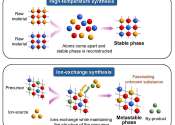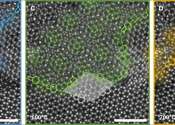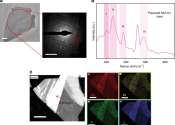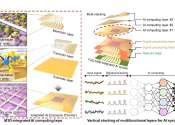Scientists find common genes defending coffee plants against devastating disease
Arabica coffee is the most economically important coffee globally and accounts for 60% of coffee products worldwide. But the plants it hails from are vulnerable to a disease that, in the 1800s, devastated Sri Lanka's coffee ...









